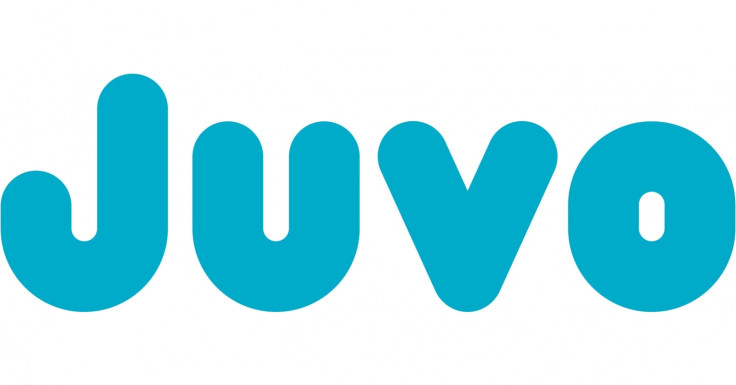Why banking the world's unbanked in 2017 hinges on data science
Steve Polsky is CEO of Juvo examines the unfulfilled promise of mobile financial services.

In a recent report, McKinsey Global Institute revealed that widespread adoption and use of digital finance could increase the GDPs of all emerging economies by 6 percent, or a total of $3.7 trillion, by 2025. One of the services that is central to this is mobile money.
Mobile money enables the digitization of currency. This has safety and convenience benefits which have been instrumental in providing access to financial services for the two billion unbanked individuals around the world for the past decade. However, only one in ten unbanked mobile phone users are actively using the service. It has been said that the biggest obstacle to the adoption of mobile money is a result of much of the world's unbanked population lack any official way to identify themselves. A change needs to happen.
Intelligent identities
80 percent of the world's mobile subscribers are currently prepaid subscribers. They are completely anonymous to the mobile network operators who dominate mobile financial services in emerging markets. Many are under-banked or unbanked, with either limited or no access to essential financial services. With widely used digital finance having the power to transform the economic prospects of billions of people, businesses must take a new approach to the lack of credit that continues to hold back the unbanked.
At the moment, to gain access to a digital finance account, users need to show a valid birth certificate, passport or proof of address, documents you may not have if you've never needed to provide them. According to the World Bank, there is as many as 1.5 billion people in the world without any formal ID to prove who they are or to confirm their reliability. Lacking identification, some people are forced to transact within an underground economy. Not only is this costly and risky, it can limit socioeconomic development and access to public services including education or welfare.
Help is at hand to solve this identity crisis. Innovations in data science, a subset of AI, has meant that users can begin to build digital and intelligent financial identities. This could mean that, for the first time, these people have an objective mechanism to establish their creditworthiness, opening up a universe of financial services and opportunities that was previously inaccessible to them. Through 'identity scoring' which analyses payback patterns and engagement with the mobile network, users can build credibility and therefore gain access to a greater number of financial services, gradually walking up the path towards financial inclusion.
How is this possible?
Digital footprints and data science
According to Ericsson, there will be three billion new smartphone users in emerging markets by 2020. Just like internet users, with search histories, cookies and IP records, mobile subscribers leave digital footprints as they interact with their mobile device. And between 2016 and 2022, data traffic generated by smartphones is expected to increase ten times (Ericsson, 2016).
Financial inclusion for all and banking the unbanked relies on mobile operators harnessing these digital footprints to establish financial identities.There needs to be a shift from an anonymous relationship based on a SIM card (or phone number) to an identity-based one, harvesting insights around user behaviour to extend credit to those who need it most. At the centre of this shift is the application of data science. In practice, this means putting sophisticated credit algorithms in place, based on machine learning, which can accurately work out an individualised lending criteria based on each user's payback behaviour.
No man is an island
To better understand the role of these technologies within their institutions, traditional financial services companies are increasingly taking on mathematicians, statisticians and data scientists. In the developing world, where mobile network operators are the main providers of financial services, the promise of digital finance hinges on partnerships with fintech companies that can power these data-driven initiatives.
In the same way that no man (or company) is an island, no single industry can financially include billions of people. Financial institutions may have the technology and services to change the way people borrow, save, insure, send and lend money but the mobile industry is the only industry with a reach across emerging markets that can truly change the world for the unbanked.
A new financial reality
For the financially excluded, datascience technologies enable a dramatic change to their relationship with their mobile network operator and therefore, an entirely new financial reality. Through deeper and more personal interactions, which become increasingly so each time a user engages with their mobile operator, a profile starts coming together. This is how he or she can slowly gain access to credit, loans, insurance and a whole host of other services.
As smartphone penetration continues to deepen across emerging markets, mobile operators' reach places that put them in a unique position to drive financial inclusion. The role of datascience will be pivotal in solving the identity crisis at the heart of banking the unbanked. If mobile money is ever going to unlock access to mobile financial services, data science is the key.
Mobile operators need to allow financial excluded individuals to establish intelligent identities from the outset to drive the ongoing use of mobile financial services, fulfil the promise of mobile money and ultimately, bank the world's unbanked.
Steve Polsky is CEO of Juvo



















